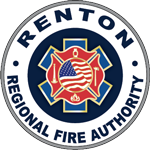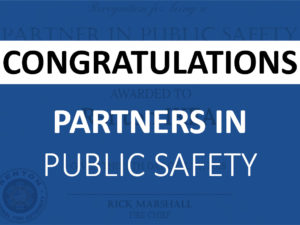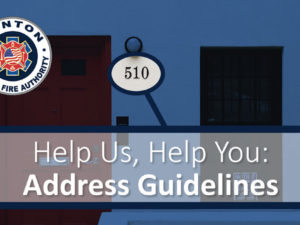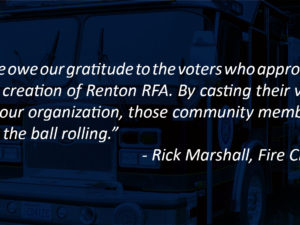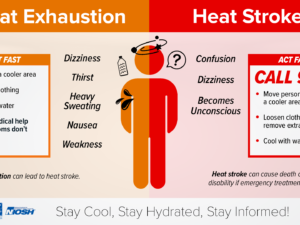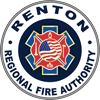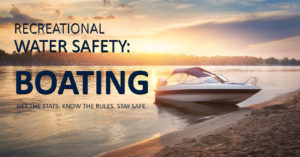 The U.S. Coast Guard reports in 2016 there were 4,463 recreational boating accidents resulting in 701 deaths, 2,903 injuries, and approximately $49 million dollars of damage to property. Operator inattention, operator inexperience, improper lookout, excessive speed, and alcohol use rank as the top five contributing factors in these accidents. That same year there were 98 recreational boating accidents in Washington, according to the U.S. Coast Guard, that led to 18 deaths, 53 injuries, and damages over $1.76 million dollars.
The U.S. Coast Guard reports in 2016 there were 4,463 recreational boating accidents resulting in 701 deaths, 2,903 injuries, and approximately $49 million dollars of damage to property. Operator inattention, operator inexperience, improper lookout, excessive speed, and alcohol use rank as the top five contributing factors in these accidents. That same year there were 98 recreational boating accidents in Washington, according to the U.S. Coast Guard, that led to 18 deaths, 53 injuries, and damages over $1.76 million dollars.
Alcohol use is the leading contributing factor in fatal boating accidents. Additionally, 80% of all fatal boating incident victims drowned, and of those, 83% of those who drowned were not wearing a life jacket. Because of this, Washington State implemented a new law in 2008 requiring anyone operating a powered watercraft of 15 hp or greater to take a safety education course and obtain a Boater Education Card to operate a boat in Washington. For more information on this program you can go to www.boat-ed.com.
Here are 10 additional safety tips for safe boating this summer from Discover Boating:
No matter how much experience you have, it’s always a good idea for everyone to review boating safety rules before departures. Below you will find 10 basic boating safety tips to help you stay safe:
- Be Weather-Wise
Always check local weather conditions before departure; TV and radio forecasts can be a good source of information. If you notice darkening clouds, volatile and rough changing winds or sudden drops in temperature, play it safe by getting off the water. - Follow a Pre-Departure Checklist
Proper boating safety includes being prepared for any possibility on the water. Following a pre-departure checklist is the best way to make sure no boating safety rules or precautions have been overlooked or forgotten. - Use Common Sense
One of the most important parts of boating safety is to use your common sense. This means operating at a safe speed at all times (especially in crowded areas), staying alert at all times and steering clear of large vessels and watercraft that can be restricted in their ability to stop or turn. Also, be respectful of buoys and other navigational aids, all of which have been placed there to ensure your own safety. - Designate an Assistant Skipper
Make sure more than one person on board is familiar with all aspects of your boat’s handling, operations, and general boating safety. If the primary navigator is injured or incapacitated in any way, it’s important to make sure someone else can follow the proper boating safety rules to get everyone else back to shore. - Develop a Float Plan
Whether you choose to inform a family member or staff at your local marina, always be sure to let someone else know your float plan. This should include where you’re going and how long you’re going to be gone.A float plan can include the following information:- name, address, and phone number of trip leader
- name and phone number of all passengers
- boat type and registration information
- trip itinerary
- types of communication and signal equipment onboard, such as an Emergency Position Indicating Radio Beacon (EPIRB) or Personal Locator Beacon (PLB)
- Make Proper Use of Lifejackets
Make sure that your family and friends aren’t part of this statistic by assigning and fitting each member of your on-board team with a life jacket prior to departure. Wear it! - Avoid Alcohol
Practice boating safety at all times by saving the alcohol for later. The probability of being involved in a boating accident doubles when alcohol is involved and studies have shown that the effects of alcohol are exacerbated by sun and wind. - Learn to Swim
If you’re going to be in and around the water, proper boating safety includes knowing how to swim. Local organizations, such as the American Red Cross and others, offer training for all ages and abilities. Check to see what classes are offered in your area. - Take a Boating Course
Beginning boaters and experienced experts alike need to be familiar with the boating safety rules of operation. It’s always important to be educated and prepared for every circumstance that might arise. You can learn more about Washington’s boating education requirements at: www.boat-ed.com. - Consider a Free Vessel Safety Check
Take advantage of a free vessel safety check from the US Coast Guard. They offer complimentary boat examinations to verify the presence and condition of certain safety equipment required by state and federal regulations. Free of charge, they’ll provide a specialist to check out your boat and make helpful boating safety tips and recommendations. They also offer virtual online safety checks as well.
Happy Boating Renton!
Sources: Public Health of Seattle & King County, Discover Boating
